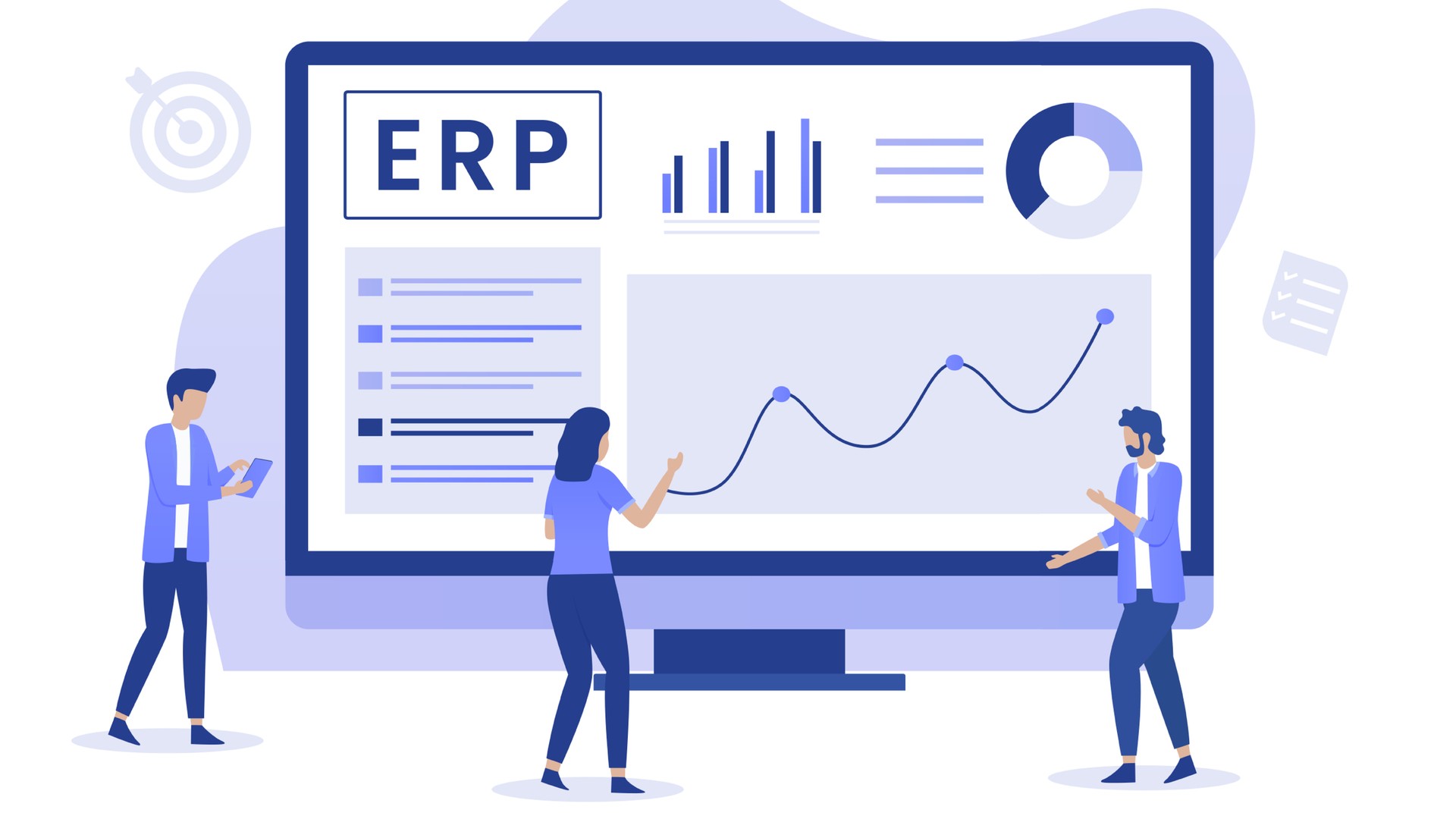

In today’s dynamic business landscape, construction companies face numerous challenges, from managing complex projects to ensuring efficient resource allocation. In this context, Construction Enterprise Resource Planning (ERP) software emerges as a game-changer, providing a comprehensive solution to streamline operations and enhance productivity. This blog explores the business benefits of implementing Construction ERP software and delves into how it can revolutionize construction firms’ operations, enabling them to stay competitive in an ever-evolving industry.
Effective resource allocation is crucial for maximizing productivity and profitability. Construction ERP software provides a holistic view of available resources, such as labor, equipment, and materials. With accurate data on resource availability, managers can allocate resources optimally, preventing overbooking or underutilization. This leads to improved scheduling, reduced downtime, and increased operational efficiency. Moreover, real-time insights into resource utilization enable proactive decision-making, allowing businesses to adapt quickly to changing project requirements or unforeseen circumstances.
The construction industry directly depends on a wide network of suppliers, subcontractors, and numerous vendors. Construction ERP software facilitates end-to-end supply chain management by integrating procurement, inventory, and logistics functions. Automated inventory tracking ensures optimal stock levels, minimizes delays and prevents costly material shortages. Streamlined procurement processes, such as RFQs and purchase order management, enable better supplier collaboration and negotiation. By enhancing visibility and control over the supply chain, construction ERP software mitigates risks, reduces costs, and improves project delivery timelines.
Efficient project management lies at the heart of successful construction businesses. Construction ERP software offers a centralized platform that integrates all project-related data, enabling real-time monitoring and collaboration. Project managers can track progress, allocate resources effectively, and identify bottlenecks promptly. With a bird’s eye view of project timelines, budgets, and tasks, decision-making becomes data-driven and informed, leading to improved project outcomes and reduced risks.
Successful construction projects require seamless collaboration and communication among various stakeholders. Construction ERP software provides a centralized platform for sharing project-related information, fostering collaboration across teams and departments. Integrated communication tools enable real-time communication, reducing delays, misunderstandings, and rework. Additionally, cloud-based accessibility allows remote workers to access project data and collaborate efficiently. Improved collaboration and communication lead to faster decision-making, streamlined workflows, and ultimately, improved project outcomes.
Data analytics and reporting are crucial for informed decision-making and performance evaluation. Construction ERP software collects and analyzes vast amounts of project data, generating valuable insights. Customizable dashboards and reports provide real-time visibility into key performance indicators (KPIs) like project costs, productivity, and profitability. With these analytics, construction companies can identify trends, spot areas for improvement, and make data-driven strategic decisions. The ability to generate accurate reports quickly not only saves time but also enhances transparency and accountability, enabling stakeholders to assess project performance and take proactive measures to optimize operations.
The construction industry is subject to strict regulations and faces inherent risks. Construction ERP software helps businesses navigate compliance requirements and manage risks effectively. By automating processes, maintaining comprehensive audit trails, and integrating regulatory compliance frameworks, ERP systems streamline compliance management. Additionally, the software enables proactive identification and mitigation of risks through real-time monitoring and alerts. By centralizing project information and ensuring compliance with safety standards, contractual obligations, and legal regulations, construction ERP software minimizes legal liabilities, mitigates risks, and safeguards the reputation of the organization.
As the construction industry continues to evolve, embracing technology becomes essential for businesses seeking a competitive edge. Construction ERP software offers a comprehensive solution to address the unique challenges faced by construction companies. By enhancing project management, streamlining financial processes, optimizing resource allocation, improving supply chain management, and fostering collaboration, ERP software revolutionizes business operations. Embracing construction ERP software empowers construction firms to stay ahead in a dynamic market, delivering projects on time, within budget, and exceeding client expectations. The transformative power of construction ERP software is undeniable, making it a must-have tool for any construction business striving for success in the digital era.